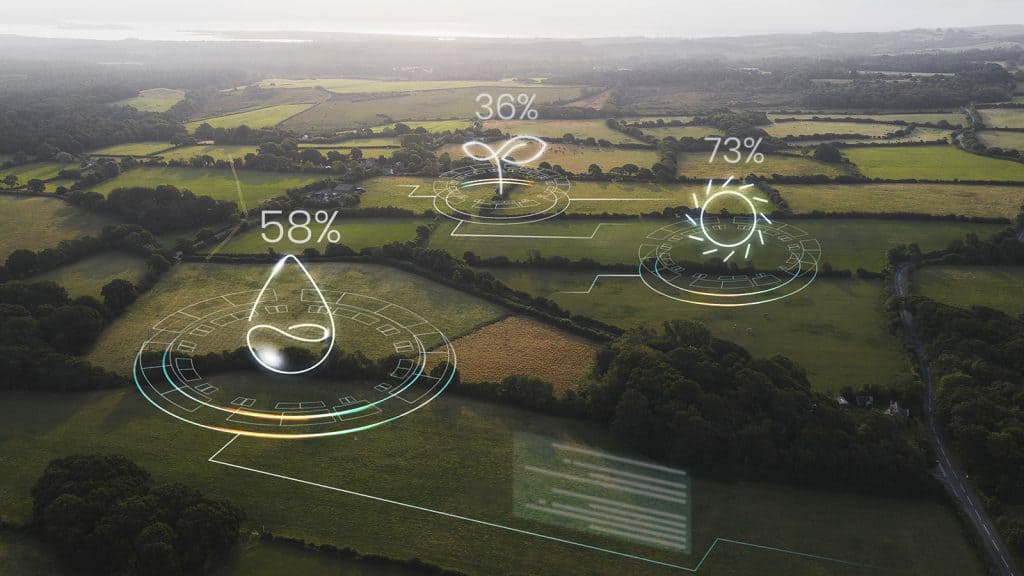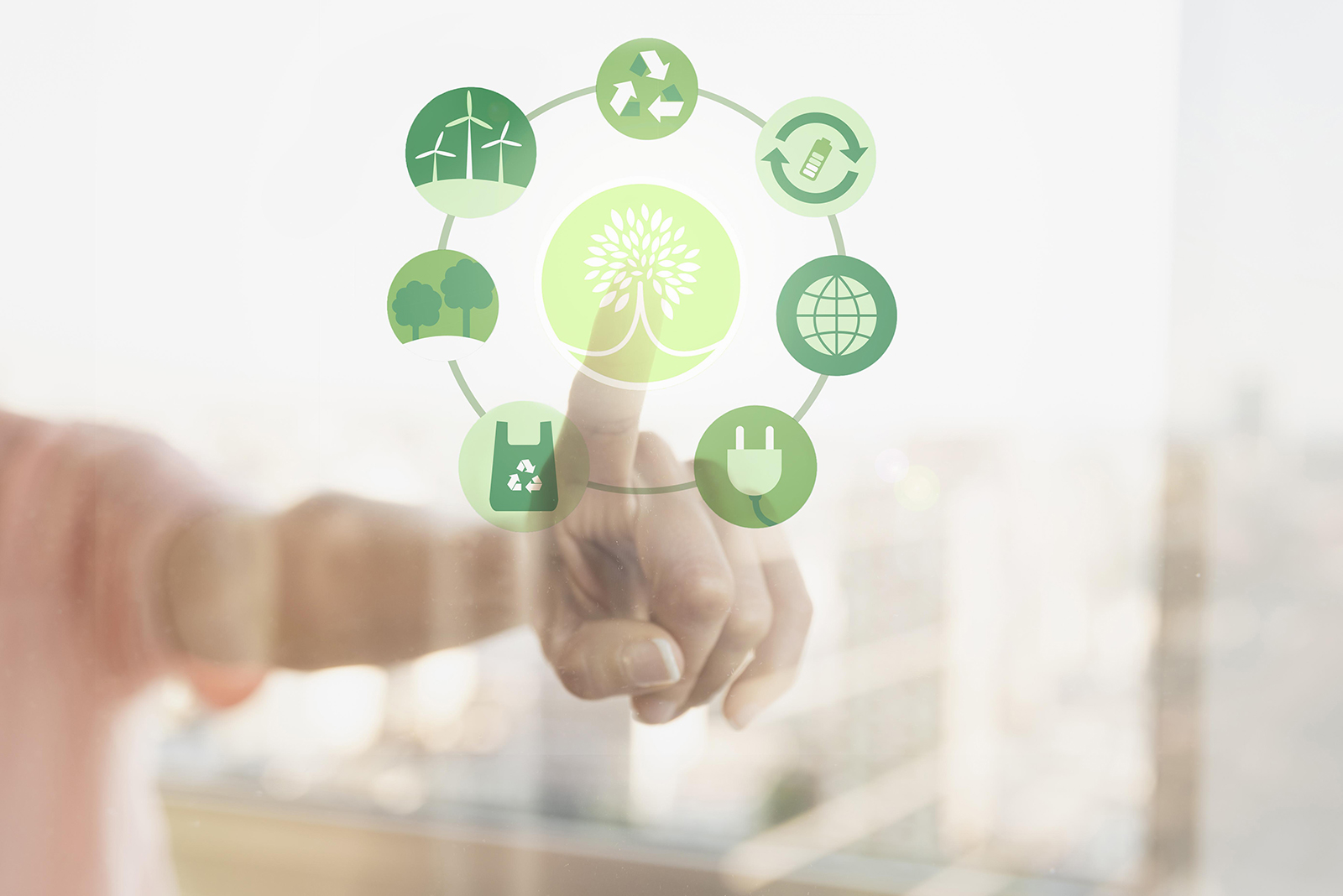Sustainability is a critical issue that affects us all, from the health of our planet to the well-being of our communities and economies. It is a multidimensional concept that encompasses environmental, social, and economic aspects. When it comes to business, sustainability generally refers to doing business without negatively impacting the environment, community, or society as a whole.
For businesses, integrating sustainability practices into their operations and decision-making processes can be a complex issue. There are several myths that can be misleading or inaccurate and it’s important for businesses to critically evaluate information and be aware of these myths and facts to make informed decisions about sustainability.
Businesses that embrace sustainability as an integral part of their operations can create a positive impact and ensure long-term success. Paul Blackler, Impact Innovation and Agility Coach from Palo IT, a global innovation and transformation consultancy, debunks some of the prevalent myths in sustainability here:

Myths or Facts in Sustainability:
Myth: Sustainable Development Goals (SDGs) are not relevant to SMEs
SDGs were formed by the UN in 2015, consisting of 17 global goals around sustainability. The goals address issues such as clean energy, sustainable production, gender equality, and responsible consumption, which can create demand for innovative products and services that SMEs can provide. Because SDGs are global goals, it requires the effort from everybody at all levels, in organizations of all sizes, which makes it highly relevant to small and medium-sized enterprises (SMEs). Individuals play their part, and so do governments and regulatory bodies. Small organizations in particular are beginning to reinvent their values and purposes as they try to align with SDGs goals, for example by looking at their supply chains.
Myth: Only large corporations can make a significant impact on sustainability
We all play our roles. While large corporations may have the capacity to make a more significant impact on sustainability due to their extensive resources and global reach, they are not the only entities capable of driving change. For example, many organizations are being held more accountable for example when it comes to carbon emissions where we’re seeing increasing regulatory and tax pressure, so this is something for all businesses to take note. Small and medium-sized enterprises (SMEs) can also incorporate sustainable practices and benefit from them, and often have greater flexibility in adopting sustainable measures due to their size and agility.
Myth: Certain industries may have a greater obligation to uphold sustainability than others
While certain industries may have a greater obligation to uphold sustainability due to the nature of their business and their resource consumption, all businesses, regardless of industry, can and should contribute to sustainability efforts in their own ways. Sustainability is a cross-cutting concern that applies to all sectors and more and more consumers are looking at organizations to have answers. Embracing sustainable practices by adopting circular economy principles, prioritizing social responsibility, and considering the long-term consequences of their operations, regardless of the sector, can lead to positive environmental, social, and economic outcomes.

Myth: The key reason for companies to manage sustainability is to mitigate risk
Historically and also depending on the organization, companies were indeed driven by risk-management to manage sustainability. However, more and more businesses are now understanding the value of sustainability and are driven by principles to do the right thing for society. There is certainly the mitigating risk factor for companies, but there is also the company mitigating some of the external risk with climate change. By integrating sustainability into their strategies, companies can assess and manage climate-related risks, adapt to changing conditions, and build resilience to minimize potential disruptions.
Fact: Sustainable practices can be cost effective and may not adversely affect profits
–While there may be upfront costs associated with adopting sustainable technologies or processes, they often lead to long-term cost savings. Embracing sustainable practices can drive efficiencies such as reducing waste in the supply chain, and streamline production costs. It can also lead to new revenue streams, new markets, and create new value for customers who are willing to pay more for sustainability. If we do not start to adapt our business model to be more future-proof, we will not be resilient for the changes that are coming.
Myth: There is not as much demand for sustainable demand and services in Southeast Asia
We are rapidly catching up to the growing demand for sustainable products, services and practices, driven by several factors such as rising sea levels. With 640 million consumers within the region, consumer pressure is increasing and changing perhaps driven by trends in Europe. Governments and organizations in Southeast Asia have recognized the importance of sustainability and are taking steps to promote and support sustainable practices such as signing up to the Paris Agreement, which requires countries to regularly report on their emissions and progress towards their Nationally Determined Contributions (NDCs), and efforts to adapt to climate change. All of those pressures are on our doorstep, with a clear trend towards increased interest in sustainable products and services in the region.









